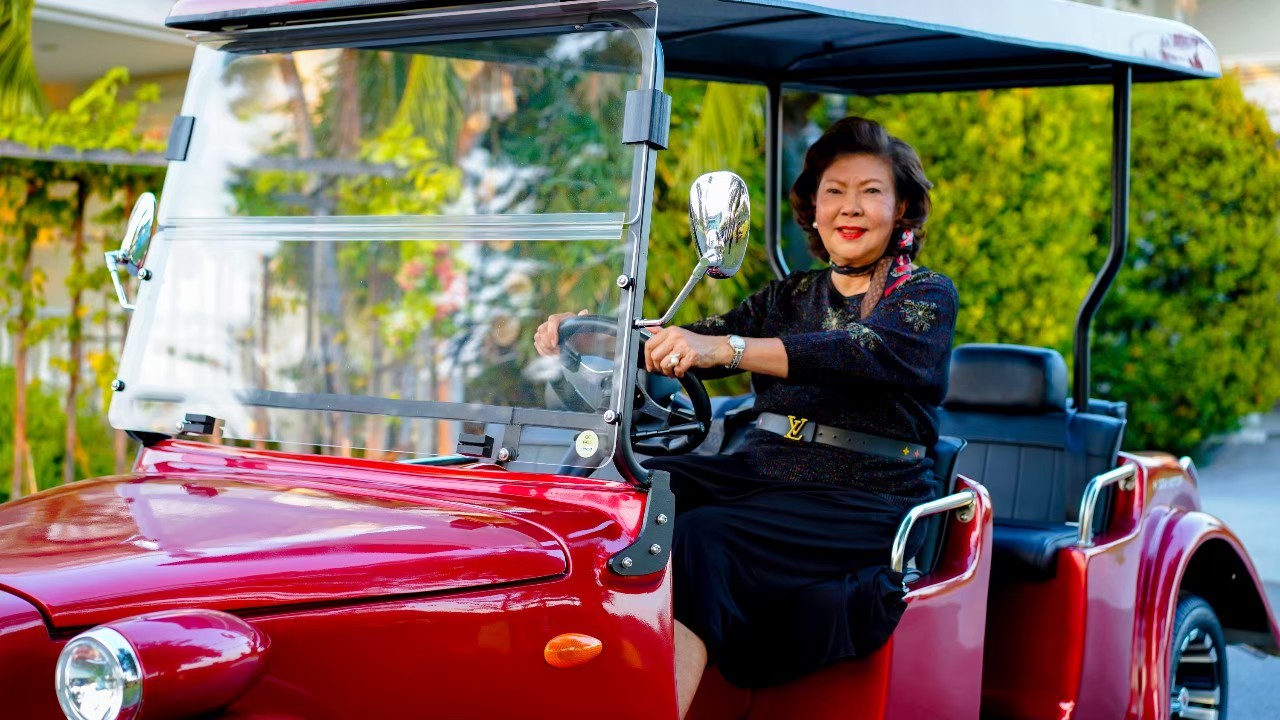Story by Kathleen Pokrud
Mrs Lakhana Didyasarin was named among the “Top 100 Leaders in Education” in December 2019 at the - Global Forum of Education and Learning (GFEL). As a dedicated educator for over 36 years, she was most deserving of this award, which was presented to 50 individuals and 50 organizations to honour them for their significant contributions to education. Elite+ magazine recently visited her at the beautiful 50-rai (20-acre) campus of American School of Bangkok in Green Valley, Bangna-Trad, to learn about what she sees as the latest challenges in the field of education.
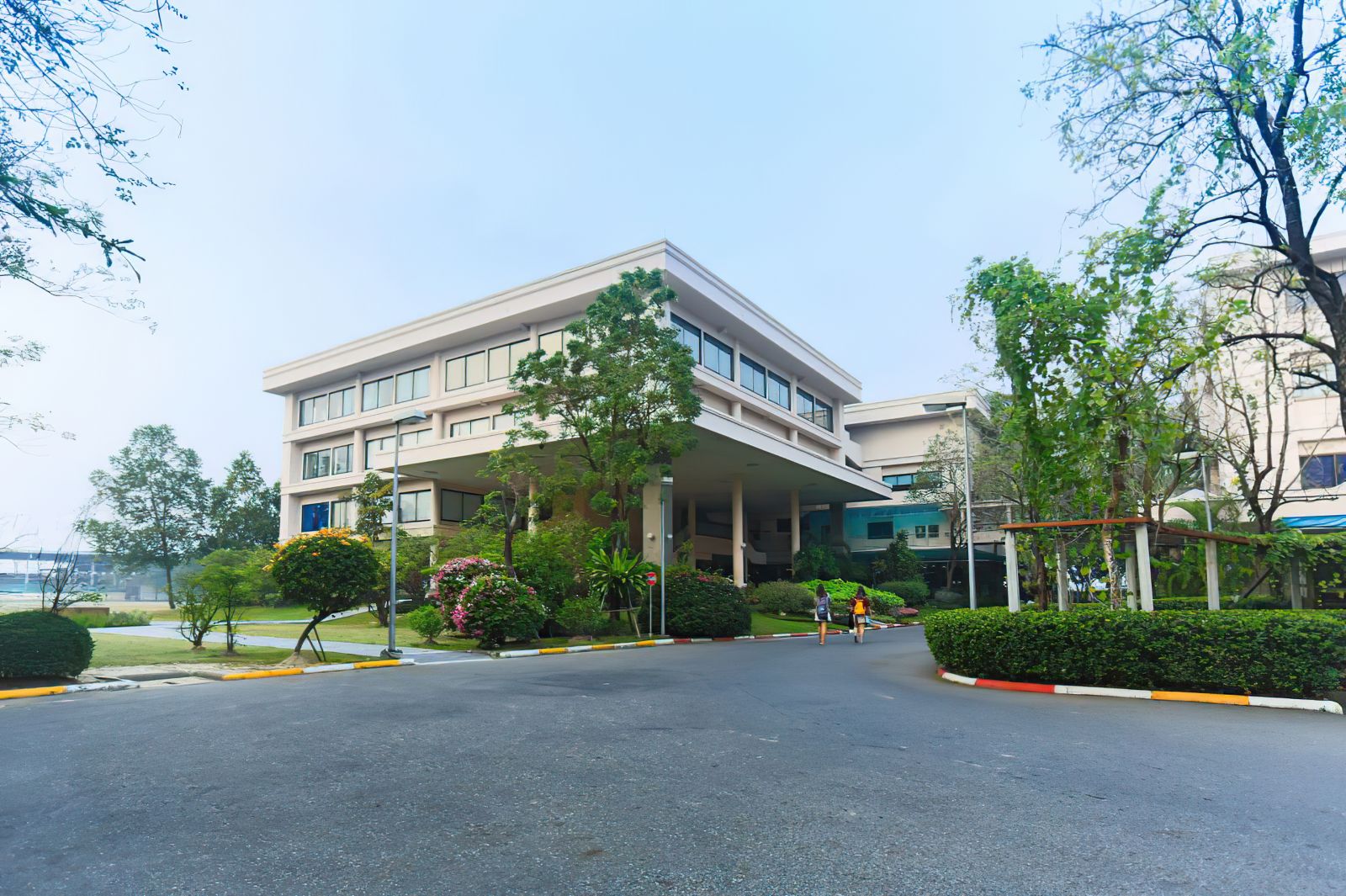
Mrs Lakhana is a-third generation educator, following in the footsteps of her grandfather and father while her three children, the fourth generation, continue the family tradition. After graduating from high school in Thailand in 1967, Mrs Lakhana went to the United States to pursue her Bachelor’s degree in Education at Oklahoma State University and then a Master’s degree in Education at Nebraska University. Mrs Lakhana stayed in the United States for 11 years, spending most of this time teaching English as a second language to struggling students.
Mrs Lakhana established The American School of Bangkok (ASB) in 1983 and then served as director for 36 years, until 2019, when she assumed chairmanship, overseeing the school’s Sukhumvit and Green Valley campuses. Coming from a family where education has been a cherished profession, she has devoted herself to the mission of developing children into future leaders and continues to work to ensure that her students receive an outstanding educational experience.
During her years as a dedicated educator, Mrs Lakhana has been presented with a number of awards, which include “Woman of the Year in the field of Educational Administration”, “Asia Pacific Woman Golf Entrepreneur of the Year” for initiating ASB International Preparatory Golf Academy and “Quality Person of the Year”.
With her vast experience and numerous accolades, Mrs Lakhana now shares her insights in education in Thailand and internationally.
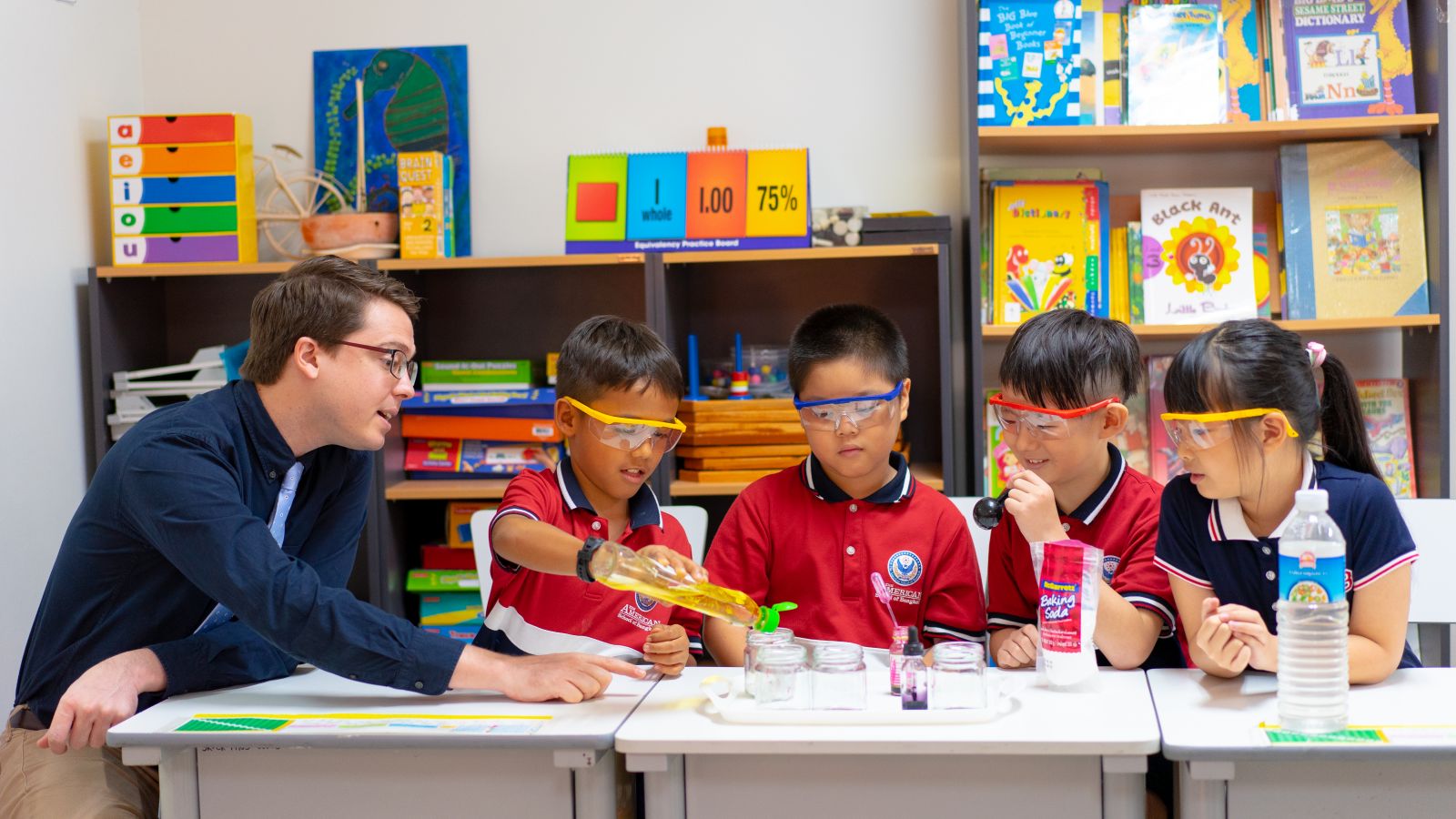
The American School of Bangkok was named among the "Top 50 Organizations in Education" in the world at the GFEL last year; how did this story start?
In 1970, when I returned to Thailand, I had a vision to open a school in Bangkok. I started with the establishment of a kindergarten, actually the first international kindergarten in Thailand. While I foresaw the challenges to teach such young children to speak English, I was able to overcome these obstacles, and we were very successful with the second language implementation. It turned out that English, the students' second language, became their native language. This is because children at a young age can learn a second and third language like their mother tongue. In 1995, when the government allowed the private sector to open international schools, we expanded Didyasarin International Kindergarten to become an elementary and middle school. In 2000, we completed the process when we expanded once more to include a high school and rebranded ourselves as “The American School of Bangkok”.
We follow an American curriculum with an emphasis on international perspectives. At ASB, our mission is to create successful learners and responsible global citizens who are well rounded and academically competent.
Students at ASB excel not just in academics but also in robotics and sports, especially golf and basketball. We are proud that ASB graduates have been accepted to leading universities such as Harvard, Columbia, New York University and the University of California-Berkeley. Each year, many graduating students receive scholarships, this year totalling as much as US$3,700,000. Our alumni are also employed by many prominent companies all over the world such as Royal Bank of Canada; British Heart Center Foundation, UK; Chevron, Singapore; United Nations-USA; Allen & Overy Law Firm, UK; General Electric, USA; NYU Langone Medical Center; World Bank and Rolls Royce London.
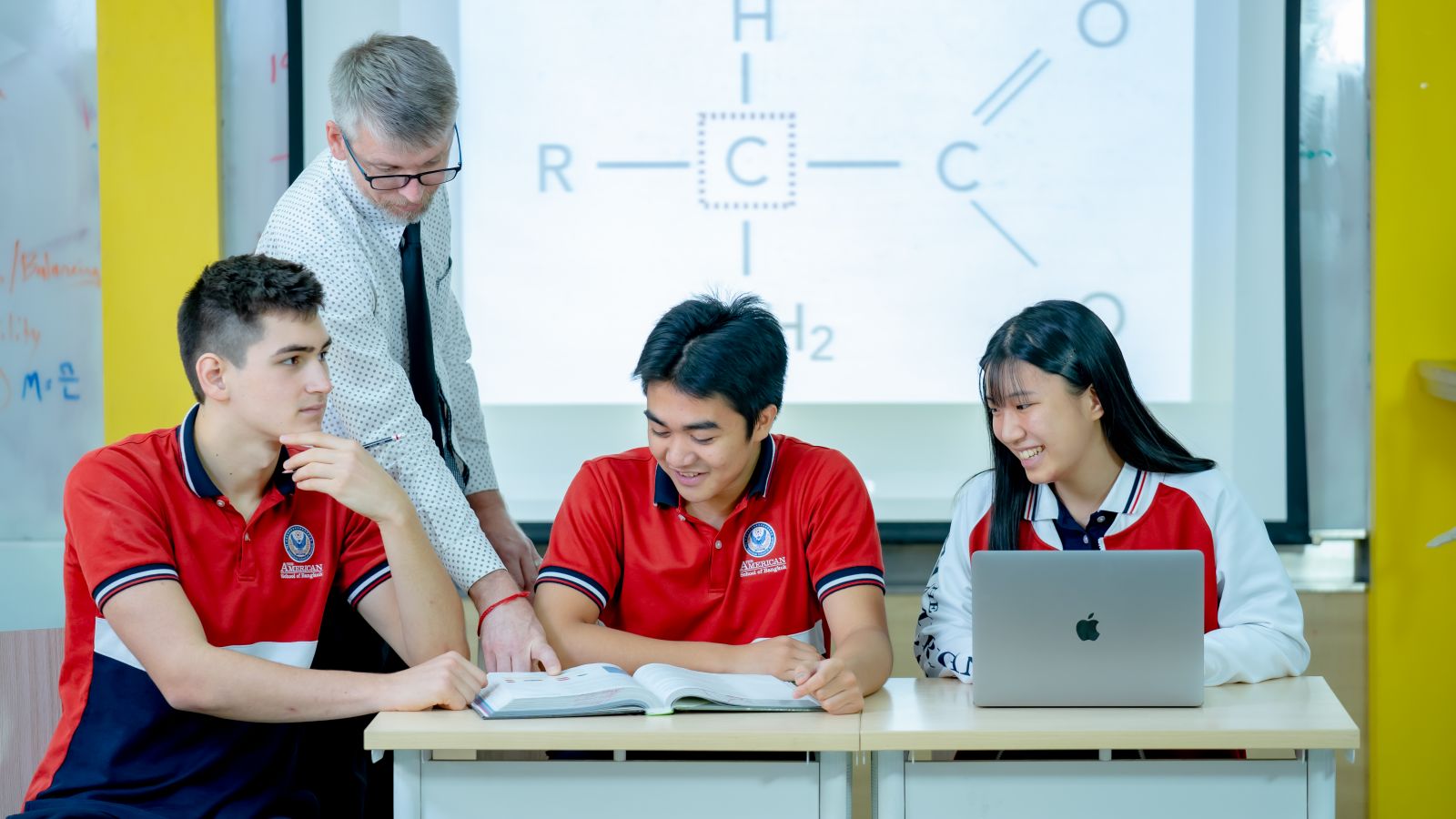
What are your views on innovation in education with the current global competitiveness?
ASB has a diverse learning community with more than 50 nationalities coming from different backgrounds and with different individual needs. It is our commitment to prepare our students to thrive in and out of the classroom with the soft and hard skills necessary to achieve future success. We have started a full robotics program that trains students to think independently and solve complex technological problems. Implementing such a progressive program allows ASB to stay competitive in the current market while at the same time, helping students develop skills that will prepare them for the 21st century.
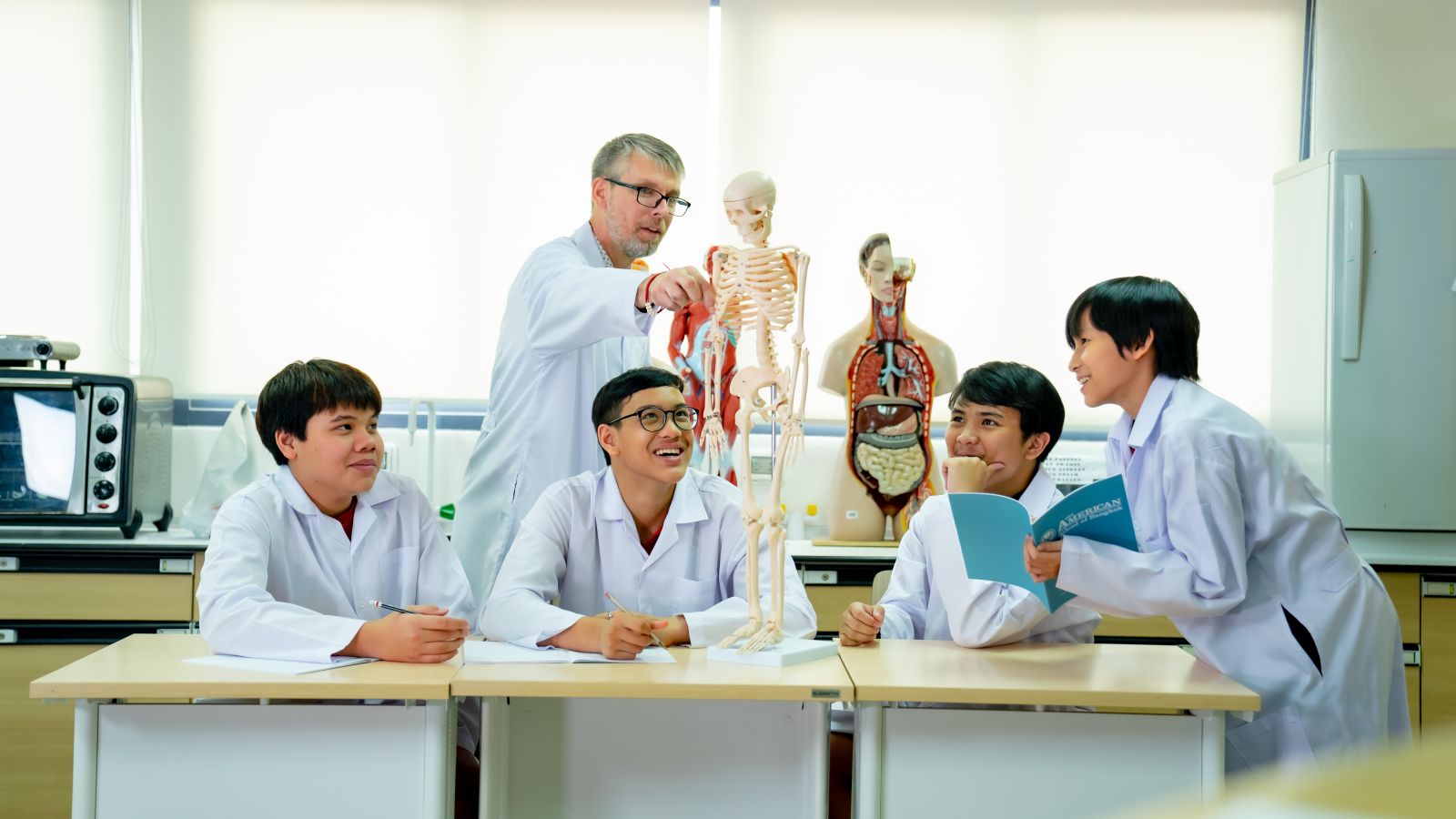
With the new technological advancements, children at a very young age can become distracted. As an educator and parent, what are your views to ensure the youth of today will be inspired for lifelong learning?
Technology, if used properly, offers tremendous help to a student’s lifelong learning. To create lifelong learners, we should give students the opportunity to use technology and create things on their own. This way they will become interested and develop into technological innovators.
Here at ASB, we do not approach technology as a problem but embrace it as a tool to engage our students in learning. We teach them how to use technology for their benefit, showing them how they can use it to learn and develop new skills and create their own projects.
As we progress through the 4th Industrial Revolution, it has become a necessity to not just keep up with technological advances, but also contribute to its innovation. It is now the responsibility of educators and academic institutions to prepare the future generations for whatever challenges and opportunities they will have. At ASB, we utilize many tools and resources to achieve our goal of having students who are adept at using the latest technological advancements.
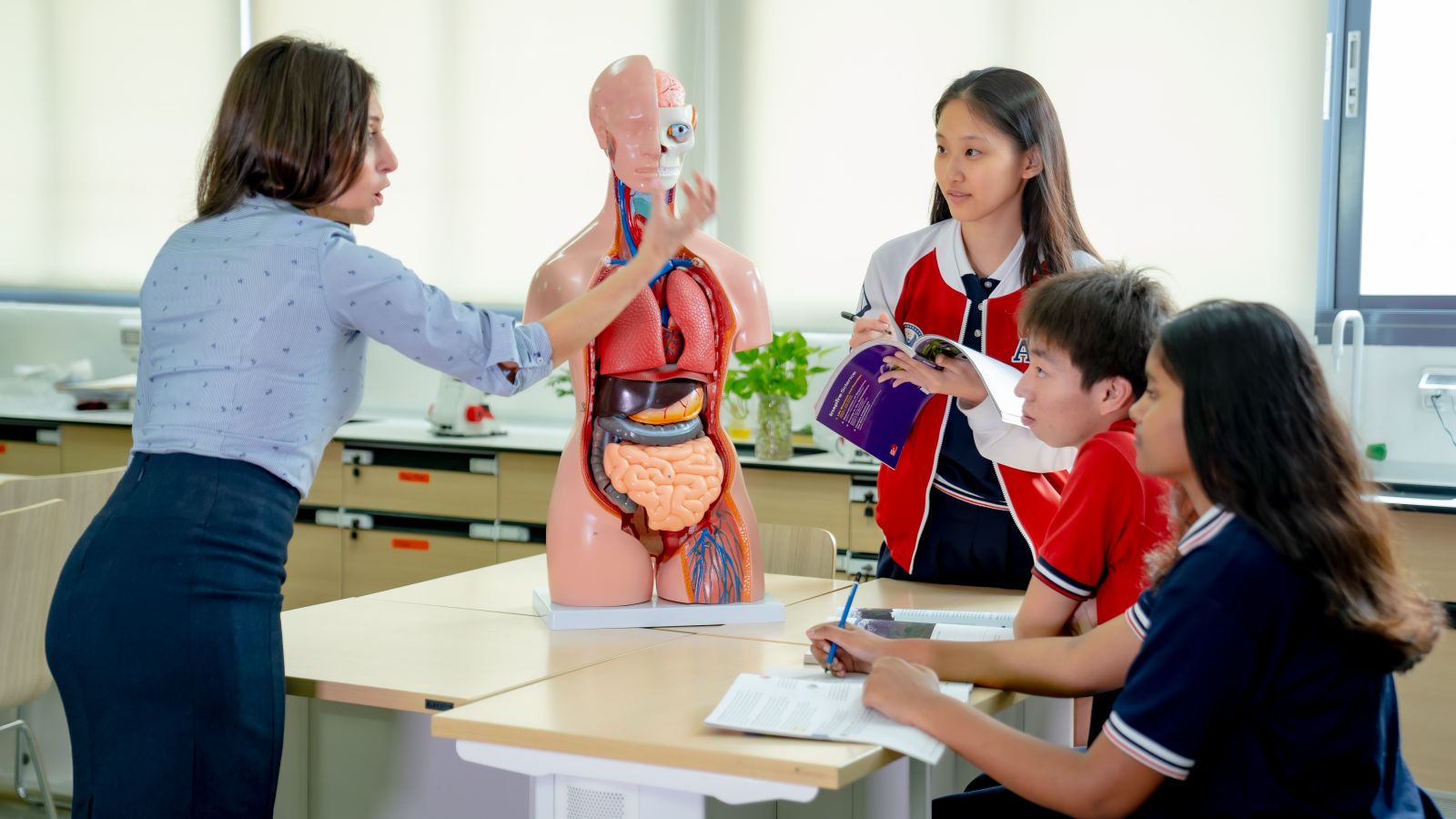
How do you as an educator and ASB chairperson cope the current Covid-19 challenges?
I believe online learning can never replace face-to-face learning but due to the Covid-19 pandemic, schools have had no choice but to create a platform that will deliver an effective virtual learning education to our students. ASB prepared a virtual learning plan policy that includes guiding principles and expectations for teachers, students and parents. Our administrators, teachers and parents collaborated all throughout the process, and we have been able to deliver a successful online learning experience to our students. Overall, the Covid-19 challenges have not hindered students’ learning at ASB. It actually has given us the opportunity to discover that students can still thrive in different settings, and it has also taught our teachers new creative instructional methods.
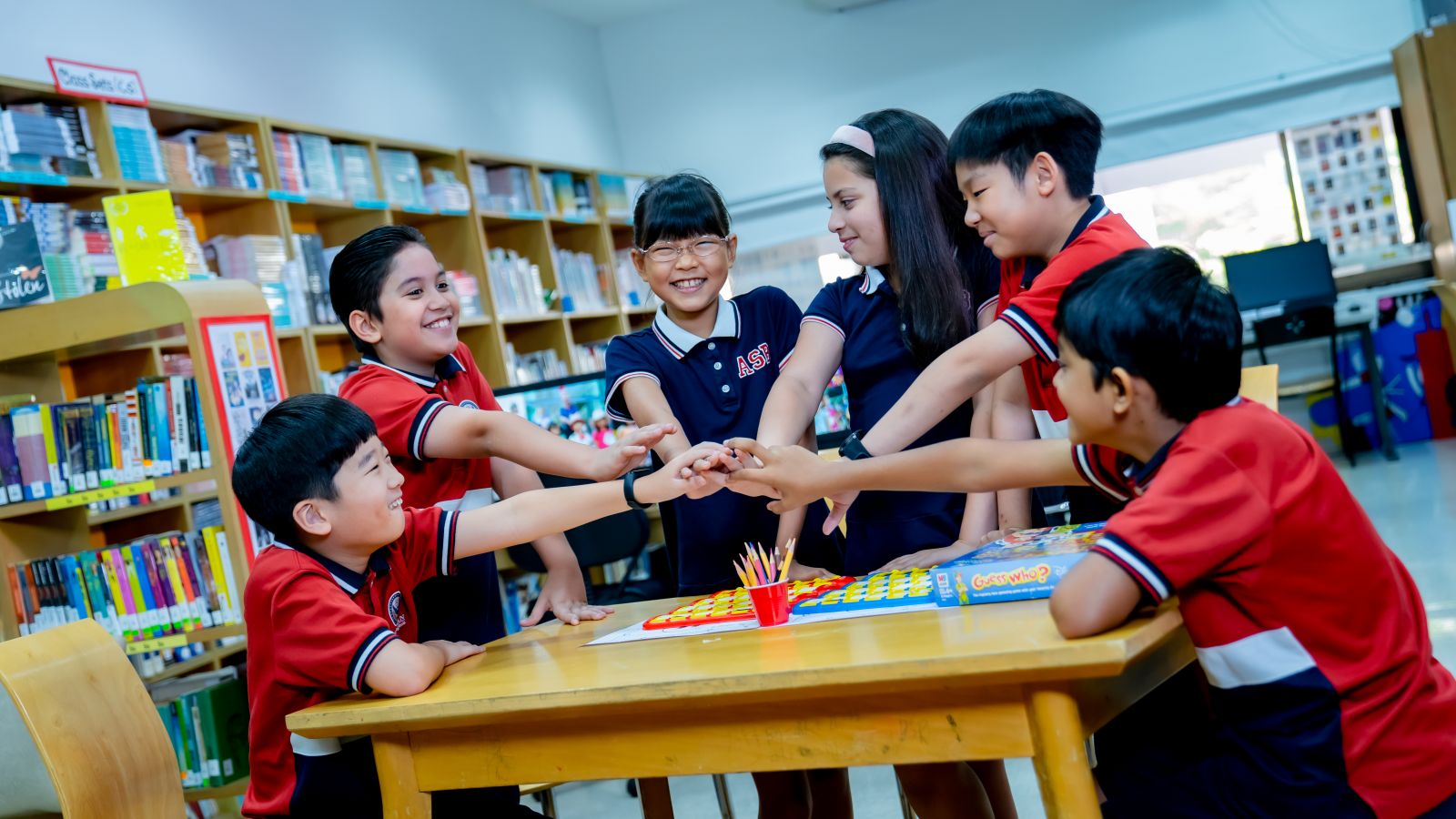
While Thailand has led in literacy among ASEAN nations, it falls behind in tertiary education and English language competency. What recommendations would you make to reduce the gap, or disparity, in Thai education?
In my opinion, Thailand has been doing a great job in reducing the gap in Thai education, but there is more room for improvement. The government must allocate a larger budget to supply the less privileged schools with the necessary facilities they need to provide a quality education to every student. In addition, Thai teachers must be provided with professional development so they can address the diverse needs of their students. Thai teacher training should include various methods and styles of teaching such as learning by doing.
Thailand has more than 100 international schools, which offer programs from kindergarten to 12th grade, and there are also numerous bilingual schools. These students are exposed to a wide range of English language learning opportunities to make them competent, but at the tertiary level, I think their literacy skills are not utilized fully due to the limited number of colleges and universities offering courses in English. Although a few universities have international programs, the number of native English-speaking professors are enough compared to the number of students.
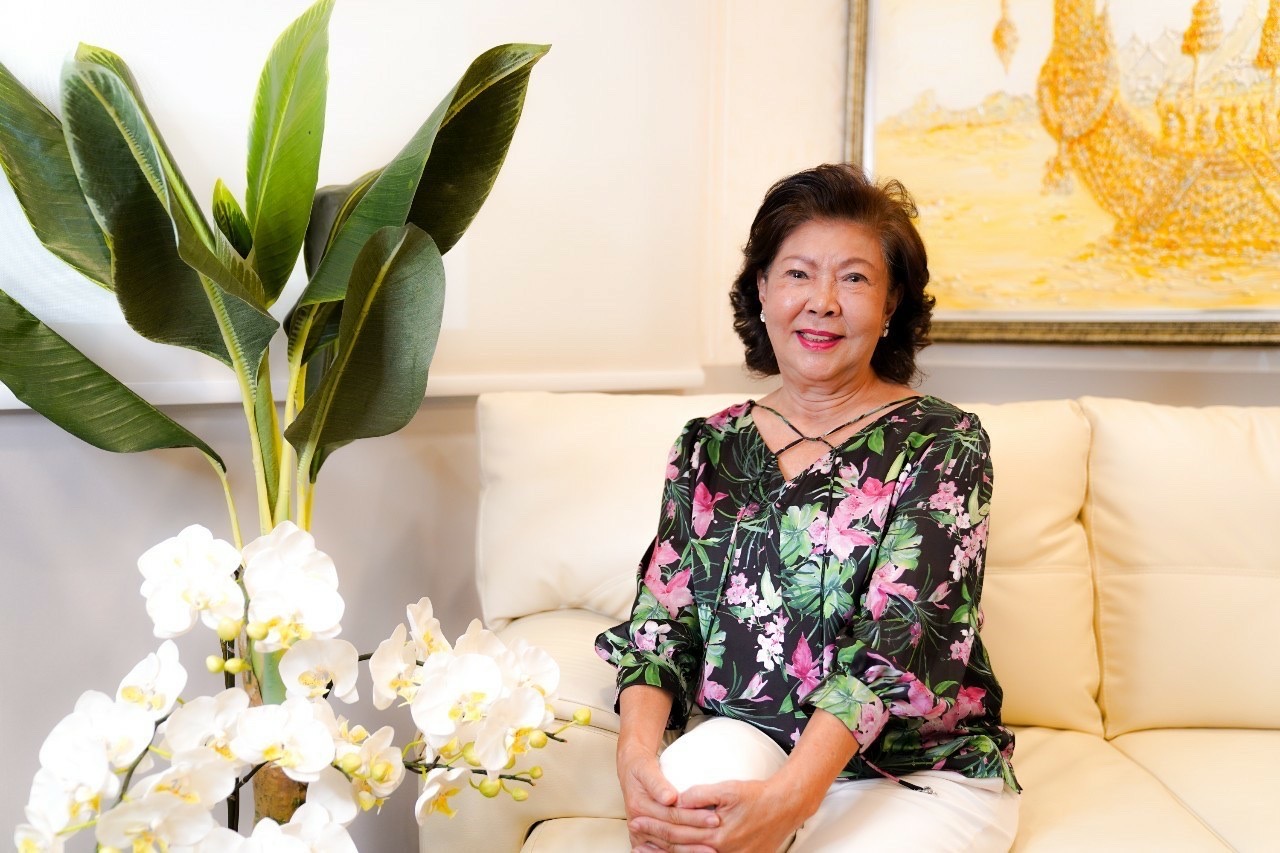
In addition to your work, do you participate and support any charity projects that involve education?
Since 1999, The American School of Bangkok has annually held the Sukhumvit Fair and Bangna Fair, with proceeds generated from these events (about 25 million baht) donated to support many charitable organisations, including UNICEF’s program to eradicate poverty among children, the ChaiPattana Foundation under the Royal Patronage of His Majesty the King of Thailand to acquire special milk fermentation equipment for Royal Projects at Suan Chitlada, the American Chamber of Commerce’s ‘Adopt-a-School’ initiative to help needy schools in Thailand construct playgrounds, libraries, water tanks and water filtration systems, the Prostheses Foundation of HRH the Princess Mother and the Morgan Villagers in Phuket, which has been rebuilding a school and temple in Krabi damaged during the tsunami devastation in 2005.
Following our interview, Mrs Lakhana guided us on a tour of the ASB Green Valley campus. As a nature lover, she has spent much time and energy perfecting the landscape of the grounds, which includes a newly planted special grove near the student dorm. We were also quite impressed with the Robotics laboratories, an indoor sport facility with an impressive basketball court, the high-tech golf academy, where the young golfers are trained to take on the international course and finally, the lakeside Glass Building dedicated to teaching and the practice of mindfulness by both students and teachers alike.
--------------

"Elite Plus Magazine" ( No. 39 - October / November 2020 Issue) Available***
- Where to get your own books:
At every branch of ***Asia book Stores***
or contacts Line: @eliteplusmagazine
More details;
-
Facebook : ElitePlus Magazine
-
Twitter : ElitePlus
-
LINE: @eliteplusmagazine
Downlaod Application Elite Plus Magazine


